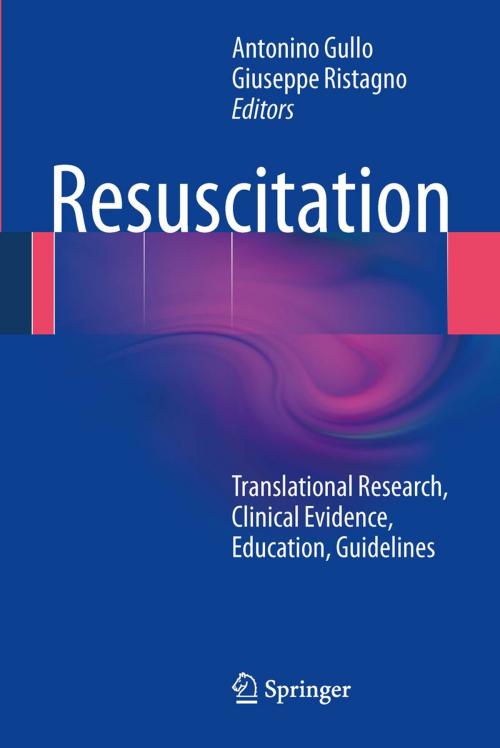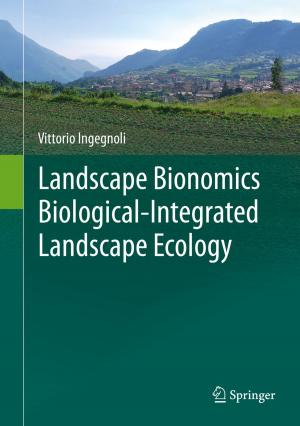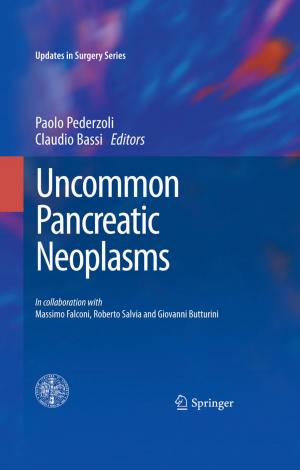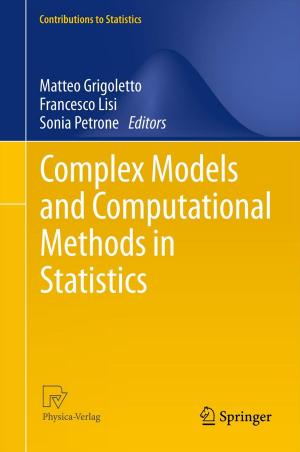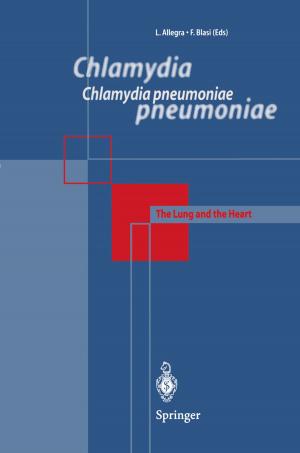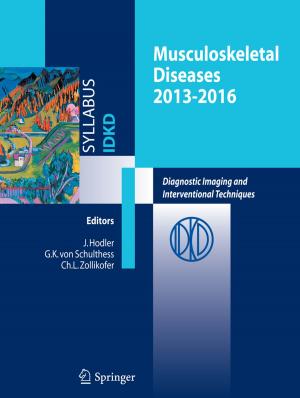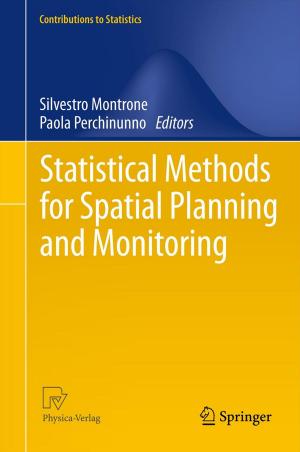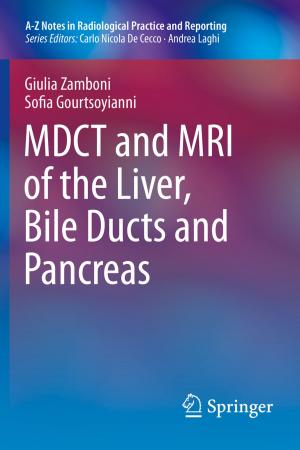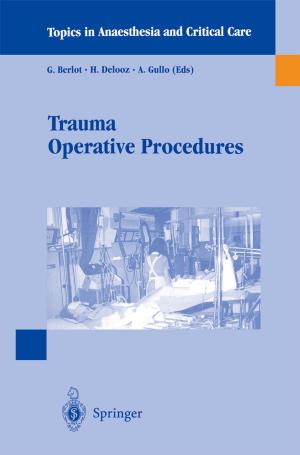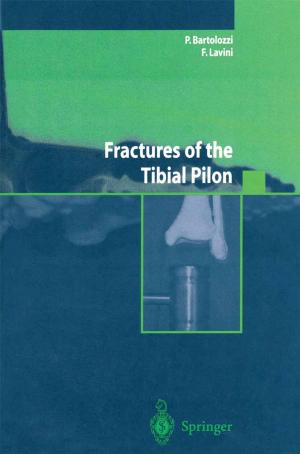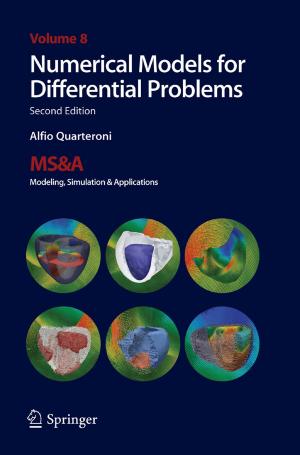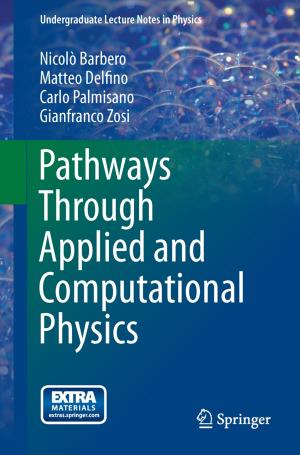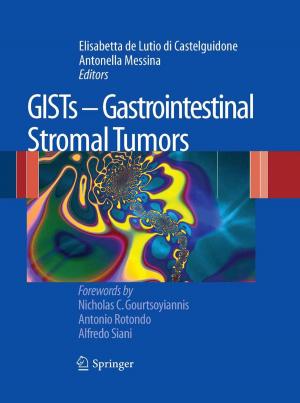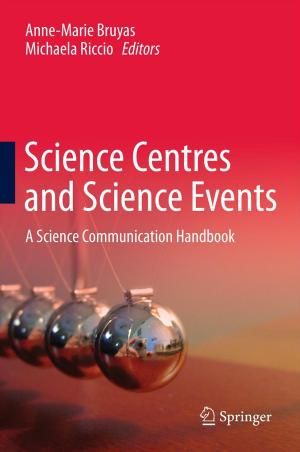Resuscitation
Translational Research, Clinical Evidence, Education, Guidelines
Nonfiction, Health & Well Being, Medical, Specialties, Critical Care, Emergency Medicine| Author: | ISBN: | 9788847055070 | |
| Publisher: | Springer Milan | Publication: | November 19, 2013 |
| Imprint: | Springer | Language: | English |
| Author: | |
| ISBN: | 9788847055070 |
| Publisher: | Springer Milan |
| Publication: | November 19, 2013 |
| Imprint: | Springer |
| Language: | English |
Resuscitation is a two-stage process comprising the achievement/maintenance of spontaneous circulation and post-resuscitation management. The approach is complex and multifaceted and entails the integration of new physiological insights, pharmacological options, and technological advances. The purpose of this volume, written by top experts in the field, is to promote, share, and disseminate new advances in resuscitation and post-resuscitation care. The issues addressed are wide ranging and of great topical interest or controversy. They include priorities of intervention, quality of resuscitation, use of mechanical supports, new defibrillation strategies, prevention of organ damage, strategies in cases of sudden cardiac death, new pharmacological treatments, and post-resuscitation care, including temperature management and prediction and improvement of outcome after cardiac arrest. Particular attention is devoted to up-to-date evidence from the most recent experimental and clinical trials on resuscitation science and to gold standard evidence-based resuscitation and post-resuscitation treatments and interventions. In addition, organizational models and integrated care systems for trauma are considered, and critical care education and the process of guideline development are reviewed.
Resuscitation is a two-stage process comprising the achievement/maintenance of spontaneous circulation and post-resuscitation management. The approach is complex and multifaceted and entails the integration of new physiological insights, pharmacological options, and technological advances. The purpose of this volume, written by top experts in the field, is to promote, share, and disseminate new advances in resuscitation and post-resuscitation care. The issues addressed are wide ranging and of great topical interest or controversy. They include priorities of intervention, quality of resuscitation, use of mechanical supports, new defibrillation strategies, prevention of organ damage, strategies in cases of sudden cardiac death, new pharmacological treatments, and post-resuscitation care, including temperature management and prediction and improvement of outcome after cardiac arrest. Particular attention is devoted to up-to-date evidence from the most recent experimental and clinical trials on resuscitation science and to gold standard evidence-based resuscitation and post-resuscitation treatments and interventions. In addition, organizational models and integrated care systems for trauma are considered, and critical care education and the process of guideline development are reviewed.
